INSTRUCTOR: Stephen A. Sonnenberg, PhD
DISCIPLINE: Geoscience, Multi-Disciplinary & Introductory
COURSE LENGTH: 3 Days
CEUS: 2.4
AVAILABILITY: Public, In-House, & Live Online
ATTEND AN UPCOMING CLASS:
Check back in periodically for updated Public and Live Online course dates! To schedule an In-House course, contact SCA’s Training Department at training@scacompanies.com.
WHO SHOULD ATTEND: Geologists, geophysicists, & engineers who are interested in learning about petroleum geology (the basics to advanced topics).
COURSE DESCRIPTION: The course will use a petroleum system approach, reviewing the elements (source, reservoir, seal, and overburden rocks) and processes (generation, migration, entrapment, and preservation). We will examine: a) those basic factors that control hydrocarbon generation, migration, and accumulation; b) procedures used to discover and produce those hydrocarbons; c) data collection and interpretation techniques; d) the roles and skills required of exploration and development professionals, and e) the worldwide occurrence of hydrocarbon deposits.
This course is appropriate for those wanting a comprehensive understanding of important aspects of petroleum geology. Exercises are interspersed with lectures to emphasize learning outcomes. Enhance your professional growth in the areas of geology, geophysics and engineering related to petroleum exploration and development.
LEARNING OUTCOMES:
- The participant will become familiar with elements of petroleum geology.
- This includes petrophysics (log analysis), source rock evaluation, capillary pressure analysis, subsurface pressure analysis (including hydrodynamics), DST analysis, subsurface water analyses, and subsurface mapping and correlation techniques.
COURSE CONTENT:
- Introduction & world resources
- Sedimentary basins, plate tectonics
- Petroleum systems
- Reservoir rocks, reservoir heterogeneity
- Fractured reservoirs
- Sweet spots
- Porosity and permeability
- Petroleum traps
- Formation evaluation, Pickett, Buckles, Hingle plots
- Low resistivity & low contrast pays
- Review of chemistry of petroleum
- Organic matter types in recent sediments
- Kerogen & maturation
- Lab methods, interpretation of data, biomarkers
- Composition of crudes, natural gas
- Primary & secondary migration
- Capillary pressures
- Subsurface pressures/DST analysis
- Fluid pressure compartments
- Subsurface temperatures
- Subsurface waters
- The importance of subsurface shows
- Unconventional traps
- Risk
- Resources, and reserves
